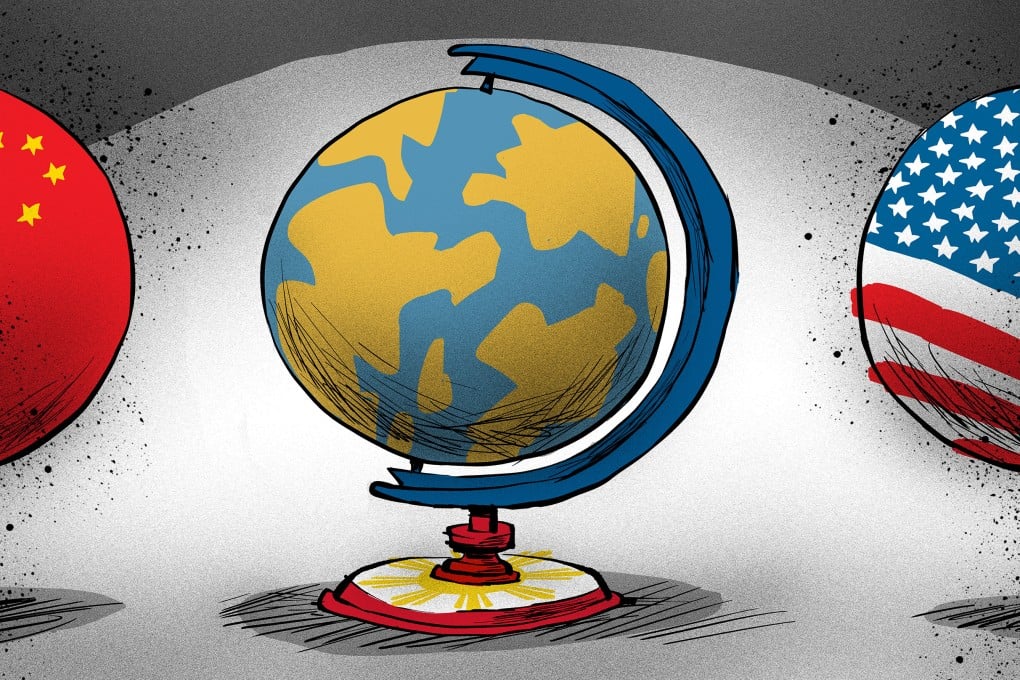Advertisement
Opinion | Days of the Philippines’ dependence on the US are numbered
- Instead of aligning with one superpower against another, the Philippines is bent on enhancing its own strategic agency in world affairs
Reading Time:4 minutes
Why you can trust SCMP
17

“I think today is genuinely historic. This is the first time that the Philippines has hosted our 2+2 [meeting],” declared United States secretary of state Antony Blinken during his meeting with Philippine President Ferdinand Marcos Jnr in Manila. During the annual 2+2 Ministerial Dialogue, US defence secretary Lloyd Austin also joined in, emphasising how the two nations are “more than allies, we’re family” and that Washington and Manila “have common interests [and] common values”.
This was the first time that the 2+2 meeting took place in Manila, underscoring the growing importance of the Philippines in regional affairs. Arguably, the meeting was the most consequential, with the US announcing a new US$500 million defence aid package, which aims to speed up the modernisation of the Philippine military and coastguard. The two sides also vowed to finalise an agreement to boost intelligence sharing and cybersecurity cooperation.
While grateful for American aid, however, the Marcos Jnr administration has shown little interest in aligning with the US in a front against China. If anything, Manila has negotiated a temporary arrangement to de-escalate tensions with China and give diplomacy a chance.
Advertisement
Crucially, the Philippines is also proactively reaching out to a wide range of partners across the Indo-Pacific and beyond.
The Philippines hosted Germany’s defence minister this month to expand bilateral security cooperation. This came on the heels of the first-ever Philippine-Japan joint naval drills in the South China Sea and before the first-ever Philippine-Vietnam coastguard drills.
Advertisement
The Marcos Jnr administration seems determined to transform the Southeast Asian nation into a more self-reliant and capable middle power in the 21st century.
Advertisement
Select Voice
Select Speed
1.00x
